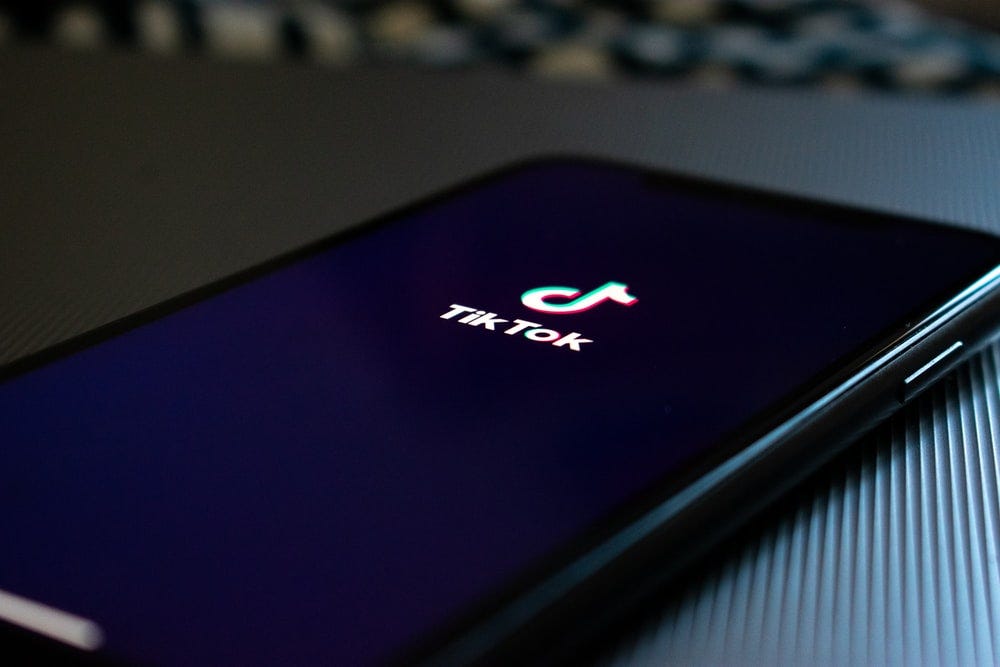Crypto Custody Services

In a significant development banks in US can now provide custody services for cryptocurrencies. This clears the way for banks to hold digital assets for its clients.
Previously, custody was offered by specialist firms (eg:- Coinbase), which operate under a state license, to offer the service to large investors. Now large depositories which already offer custody services like stock certificates can offer that for cryptocurrencies.
In a letter Office of the Comptroller of the Currency (OCC) said:
Providing custody for cryptocurrencies would differ in several respects from other custody activities. The OCC recognizes that, as the financial markets become increasingly technological, there will likely be increasing need for banks and other service providers to leverage new technology and innovative ways to provide traditional services on behalf of customers.
JPMorgan Chase has been providing banking services to crypto companies, having provided support to Gemini and Coinbase earlier this year. Generally however U.S. banks have perceived exchanges and other such startups as a reputational and compliance risk. Looks like this is about to change.
Byte Dance

A small group of exiting Bytedance (parent company of Tik Tok) investors are discussing buying a majority stake in TikTok. The decision could possibly include marquee investors like General Atlantic, Sequoia capital and Softbank. It is exploring this to overcome ban; the app is seeing imposed on it in US, India and other countries. Recently concerns where raise about security and access to user data which the Chinese government may have.
ByteDance’s other Chinese investor will retain a stake without board representation. However, it is not clear right now whether this will include all of TikTok operations or US operations or India and US operations. Bytedance founder and CEO Zhang Yiming has said he wouldn’t be opposed to such a sale.
Antitrust

Bringing antitrust scrutiny to the fore — Slack has filed an antitrust complaint against Microsoft with the European Commision, accusing the tech giant of using its power to crush competition.
It claims that Microsoft has tied its Microsoft Teams (which is a direct competitor to Slack), to its Office 365 suite, which includes Outlook, Word, Excel and PowerPoint. That bundling, Slack contends, is part of a pattern of anticompetitive behaviour by Microsoft.
According to Jonathan Prince, VP communication and policy at Slack:
Slack threatens Microsoft’s hold on business email, the cornerstone of Office, which means Slack threatens Microsoft’s lock on enterprise software.
European regulators in recent years have become more aggressive to pursue antitrust actions against large US tech companies. In US both Federal and State regulators are also investigating whether the other tech giants have broken antitrust laws.
Slack-Microsoft confrontation has some echoes of the internet browser wars in the 1990s.



